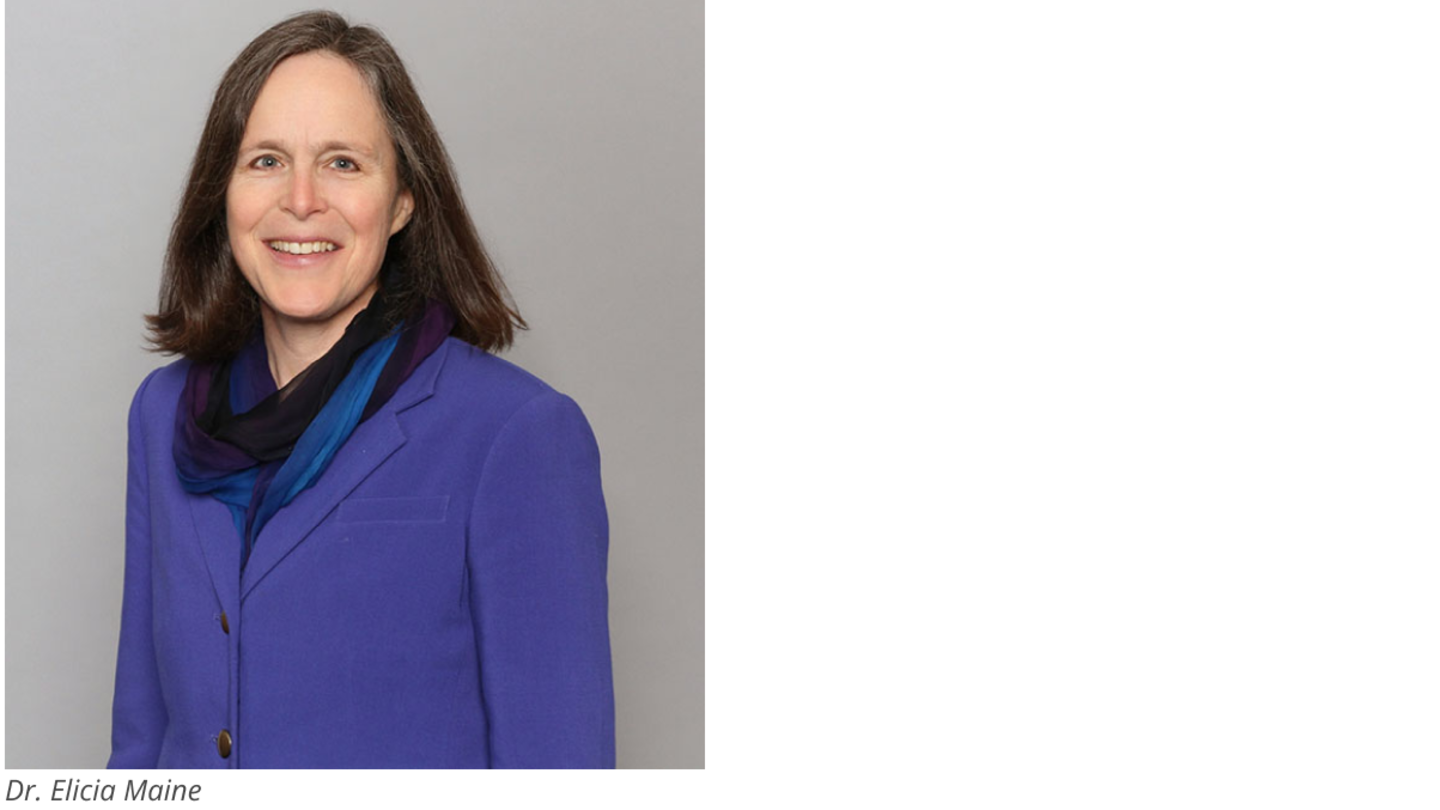Cultivating innovation and entrepreneurship at Providence Research
Innovation plays a vital role in advancing health care. By identifying areas for improvement in care, creating solutions, and implementing them in real-world settings, clinician-scientists can positively impact patients and the health system.
Innovation | Grace Jenkins

Innovation plays a vital role in advancing health care. By identifying areas for improvement in care, creating solutions, and implementing them in real-world settings, clinician-scientists can positively impact patients and the health system. A special lunch-and-learn event at St. Paul’s Hospital, a part of the Innovarium Empowering Innovation Series, provided information on becoming an innovator as a clinician-scientist and how cultivating an entrepreneurial mindset can help translate those innovations into impact.
The event was presented by Providence Health Innovation, Research and Engagement (PHIR+E) and Discover, Learn, and Innovate for Impact Physician Advisory Committee (DLII PAC), a part of PHC Innovarium, in partnership with Simon Fraser University (SFU) and PHC Physicians and Surgeons.
Special guest Dr. Elicia Maine, Associate Vice-President, Knowledge Mobilization and Innovation, SFU, shared insights from the award-winning Invention to Innovation (i2I) program. Dr. Jesse Greiner, Chair of DLII PAC and a General Internal Medicine Specialist with Providence Health Care (PHC), gave a presentation on simplifying clinical innovation.
The healthcare landscape is evolving, driven by factors including an aging population, increasingly complex diseases, and technological advancements. Providence is strategically developing the new St. Paul’s Hospital and the Clinical Support and Research Centre to address these changes and advance patient care.
In addition, PHC Innovarium was created to enable the organization to swiftly and effectively adapt to change and approach problems. As PHC’s innovation engine, Innovarium supports the realization of innovative solutions created by clinicians, researchers and other innovators within PHC.
“In the context of health care, innovation goes way beyond advances in therapies and better technology. Really, what we’re trying to aspire to is a new way of thinking, a better way of preventing, diagnosing and treating patients,” says Dr. Darryl Knight, President, Providence Research.
An innovator in all of us

Dr. Jesse Greiner has been involved with several health care startups and innovation at PHC, including the COVID-19 Recovery Clinic, the Post-Discharge Internal Medicine Clinic, and the Hospital at Home program. As the chair of DLII PAC, he is a key member of Innovarium. DLII PAC’s mission is to guide and engage with the innovation-focused energy at St. Paul’s Hospital to better address patients’ needs.
Dr. Greiner’s presentation aimed to simplify clinical innovation by making the concepts of innovation and entrepreneurship accessible to clinicians and researchers. He emphasized that the basic steps for innovation – identifying a problem, creating a solution, validating the solution, and applying it to help people – are activities that many clinicians and researchers already perform daily. There are many opportunities within the health care field to innovate and drive impacts that benefit patients.
“I am hoping that… you’ll be able to see there’s an innovator in all of you,” says Dr. Greiner. “I would just encourage you to try to imagine solutions, to imagine the world as being slightly better than it was yesterday.”
Enabling research mobilization with an entrepreneurial mindset

Dr. Elicia Maine gave a talk emphasizing the benefits of scientists developing an entrepreneurial mindset. Developing entrepreneurial capabilities can help researchers form well-constructed science-based ventures, increase science-based innovation in industry, and increase meaningful translational research.
Dr. Maine founded the i2I program in 2015, which trains scientists and clinicians to commercialize their breakthrough innovations. It teaches them how to mobilize research and transition innovations from the lab to the market, potentially creating significant societal and economic impacts. The program does not just focus on brand new ventures, but on how to set the stage for all sorts of industry collaboration.
Science-based innovation poses unique challenges compared to other sectors. Research mobilization is a long endeavor, and breakthroughs can happen over decades. In addition to taking more time, science-based innovation involves a higher level of uncertainty and requires larger commercialization costs.
“So, why would you even invest in this space? I think it’s clear, to this room, that you would do it because there are chances to solve very real patient problems,” says Dr. Maine. A key objective of the i2I program is to train researchers to frame their work ways that reduce this uncertainty.
An entrepreneurial mindset encourages scientists to think differently about their research and how to mobilize it. Early-stage actions in the lab can significantly impact the outcomes of knowledge mobilization and product development.
“It’s important, when you’re looking at the types of things that are going to impact patient health, and that are addressing really wicked problems, to be thinking about this systematically from an early stage,” says Dr. Maine.
Equipping innovators at PHC
Through events like this lunch-and-learn, PHIR+E aims to equip researchers and other health care professionals with the tools and knowledge needed to create and implement impactful, real-world solutions. A video recording of the session is available here.
Providence has a long history innovation, ranging from groundbreaking HIV treatments developed by the BC Centre for Excellence in HIV/AIDS to the annual Skunkworks competitions. Skunkworks, a PHIR+E initiative, is enabling health care professionals to come together and collaborate to brainstorm innovative solutions to health care problems. This year’s Skunkworks, Hacking Chronic Disease, will be taking place on November 14-15, 2024.